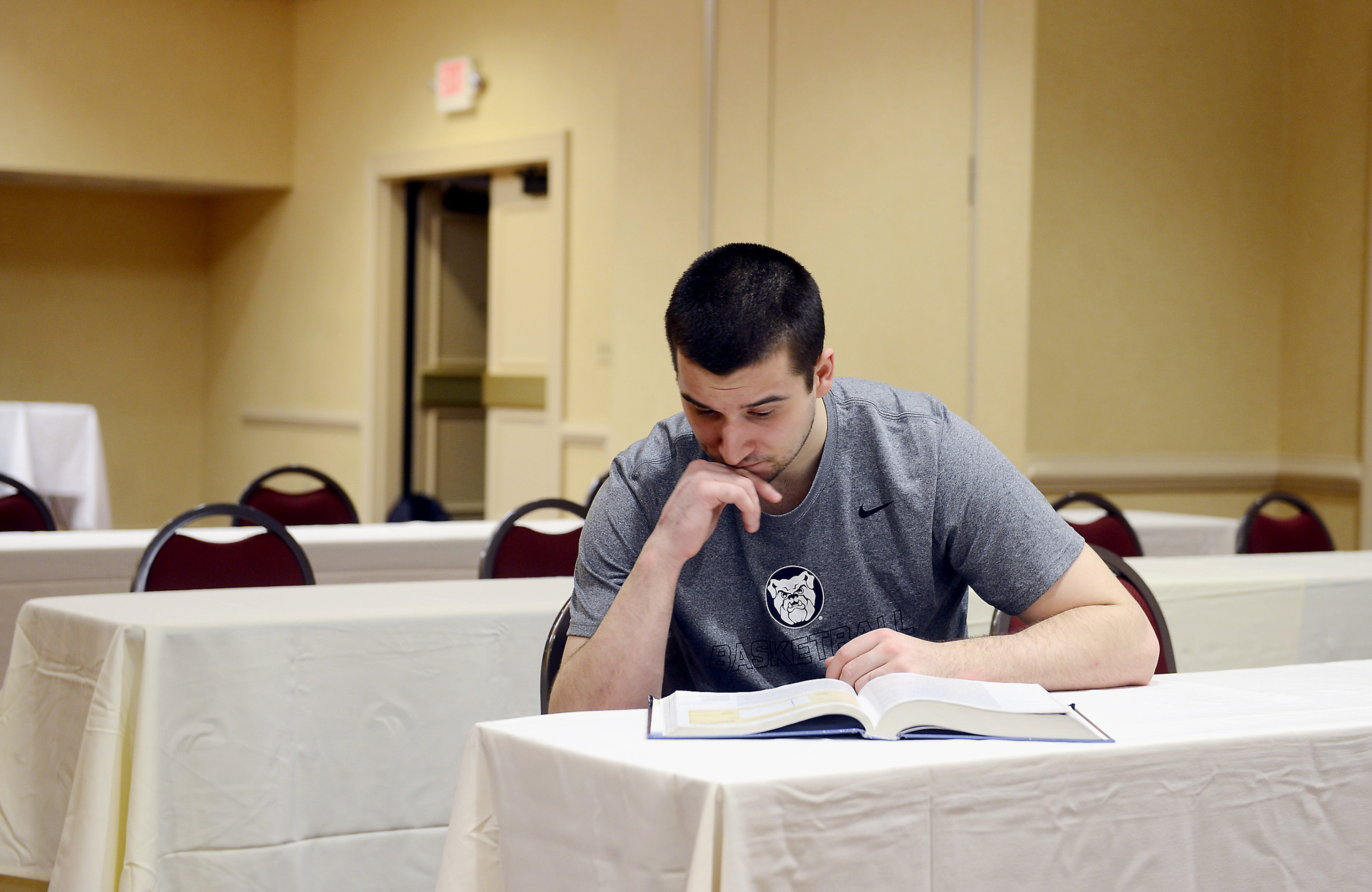 Melissa Tolle, Director of College Credit Plus for the Pre-College department in building 12331, said pre-college programs provide a better chance for graduation than high school advanced placement (AP).
Melissa Tolle, Director of College Credit Plus for the Pre-College department in building 12331, said pre-college programs provide a better chance for graduation than high school advanced placement (AP).
Pre-College programs were created to provide readiness for high school students and a better chance at graduating. The A.C.E program (Advanced College Entry) was unique to Sinclair, while other colleges had the PSEO (Post-Secondary Enrollment Options) Program.
In June 2014, the Governor signed in a law to condense all early college programs under one umbrella, according to Tolle.
“That umbrella is called ‘College Credit Plus’… it’s meant to save you money,” Tolle said. “College Credit Plus is no extra cost to high school students—it’s all covered through the school districts or state funding… the point of that is so that maybe one day it’d be possible for a high school student to simultaneously graduate from high school as well as college.”
According to NACEP’s website (National Alliance of Concurrent Enrollment Partnerships), a 2010-11 graduate study showed roughly 10 percent of students in the United States attended any form of college courses during high school.
“For those students who don’t necessarily feel like they’re college ready, they can go, ‘Hey, I just did it [a pre-college course] I’m college ready,” Tolle said.
A 2003 national study collected by NACEP reports that students in high school, who took dual-enrollment classes (both college and high school courses) were 10 percent more likely to complete a Bachelor’s degree than students who only completed high school courses. Not only that, but another NACEP study of 2008-09 graduates of two-year colleges shows that students who were a part of a pre-college program were likely to graduate roughly one and a alf years sooner than a student who only attended traditional high school courses.
Any high school student who thought they were preparing for college by attending AP courses may find themselves at a disadvantage in comparison to a Student attending a pre-college program. For AP, a student is required to complete the class, then pay to take a test. If they pass the test, they gain the credits, if not, they lose those credits.
A pre-college program, however, allows a student to take the class which adds both high school and college credits. As soon as the student completes the class, they attain those credits—no test and no additional fees.
The highest advantage to pre-college programs is when a high school student ages 16 to 18 attends—anyone who is already enrolled in college cannot partake in a precollege course when they’re currently in college. Notifying younger family members and friends about these opportunities may give them their best chance at their future college experience, and even propel them further than their traditional high school counterparts, according to Tolle.
Ehron Ostendorf
Reporter

